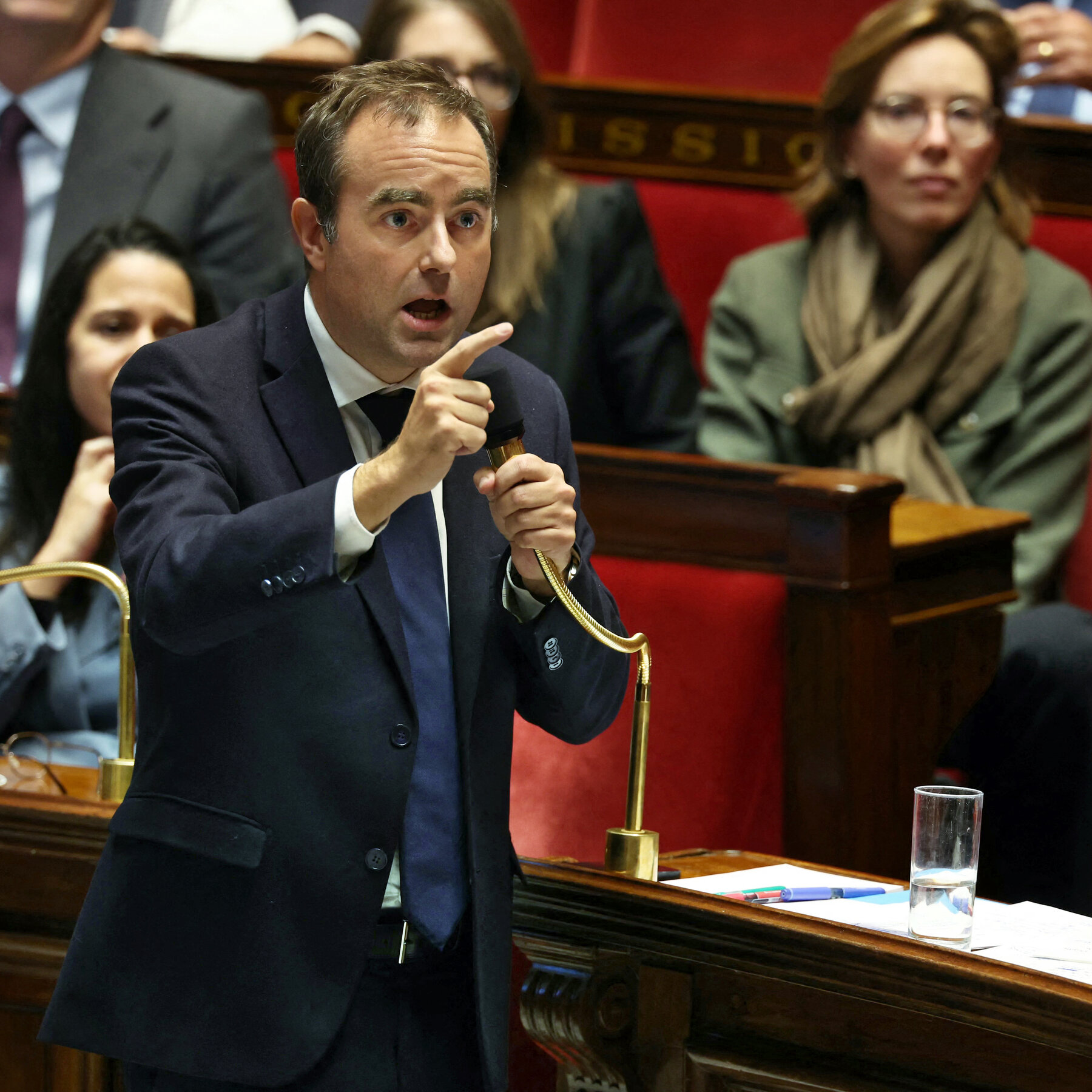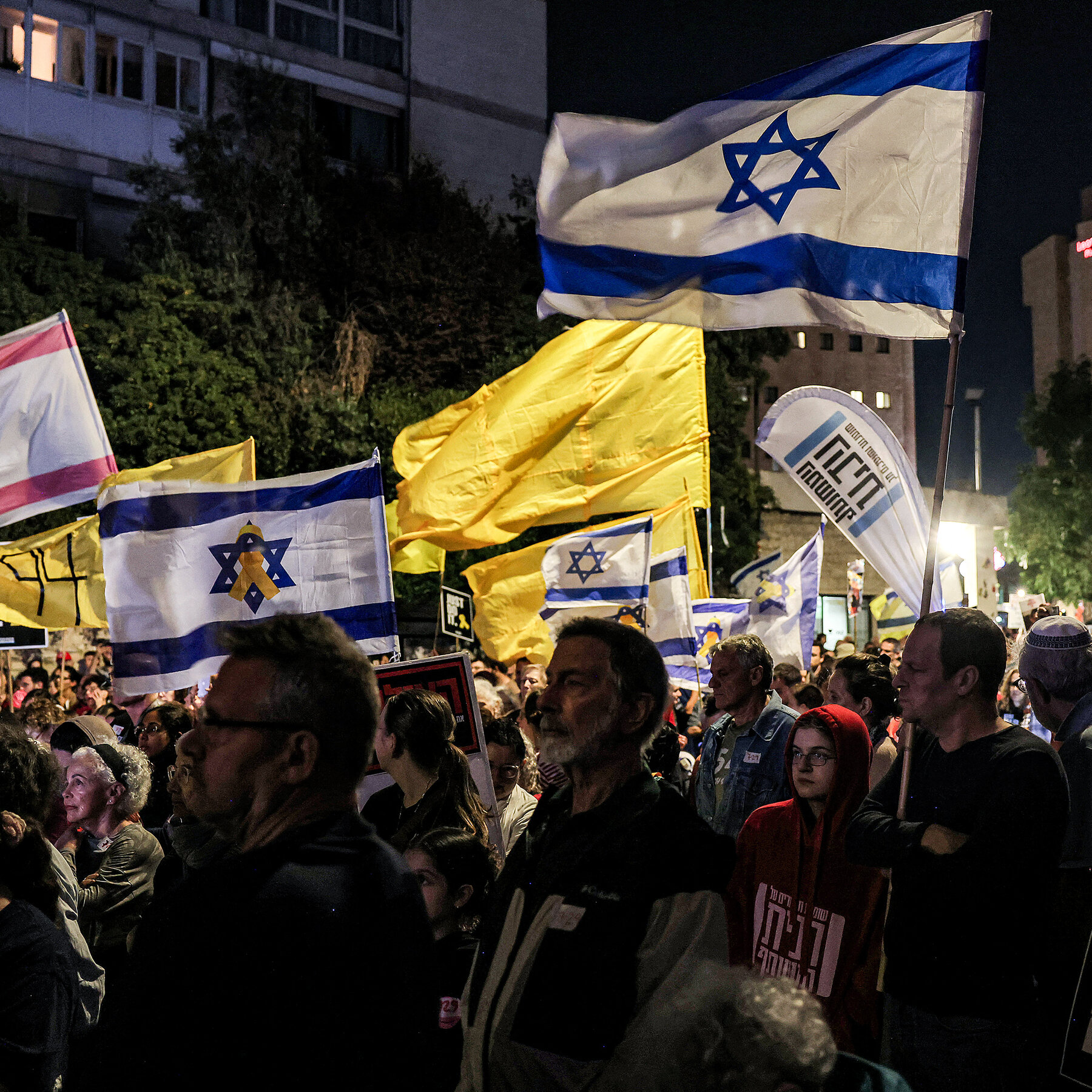Russia Pounds Ukraine Even as Zelensky Aims to Revive Peace Talks
Deadly strike in Ternopil
At least 19 people lost their lives when a Russian missile slammed into a residential block in the western city of Ternopil on Tuesday evening. Local officials confirmed that the explosion caused the building to collapse, trapping families inside and prompting a massive rescue effort. Emergency crews worked through the night, but the scale of the damage made it impossible to prevent the tragic death toll.
Escalation amid diplomatic overtures
The attack comes at a time when President Volodymyr Zelensky is intensifying his outreach to European leaders and the United Nations in an attempt to restart stalled peace negotiations. Zelensky has repeatedly urged that “the humanitarian cost of this war must end before any political solution can be reached,” highlighting the need for an immediate cease‑fire to allow aid and reconstruction.
International reaction
Western governments condemned the strike, labeling it a “war crime” and calling for stronger sanctions against Moscow. The European Union announced an emergency meeting to discuss additional measures, while the United Nations called for an urgent investigation into the incident.
Humanitarian impact
Beyond the loss of life, the bombing displaced dozens of families, who now face an uncertain future in temporary shelters. Humanitarian NGOs have appealed for donations to provide food, medical supplies, and psychosocial support to the affected residents.
Looking ahead
As the conflict rages on, Zelensky’s push for renewed talks faces the daunting challenge of halting relentless attacks like the one in Ternopil. Observers note that without a tangible reduction in hostilities, diplomatic efforts may struggle to gain the momentum needed for a lasting peace.




